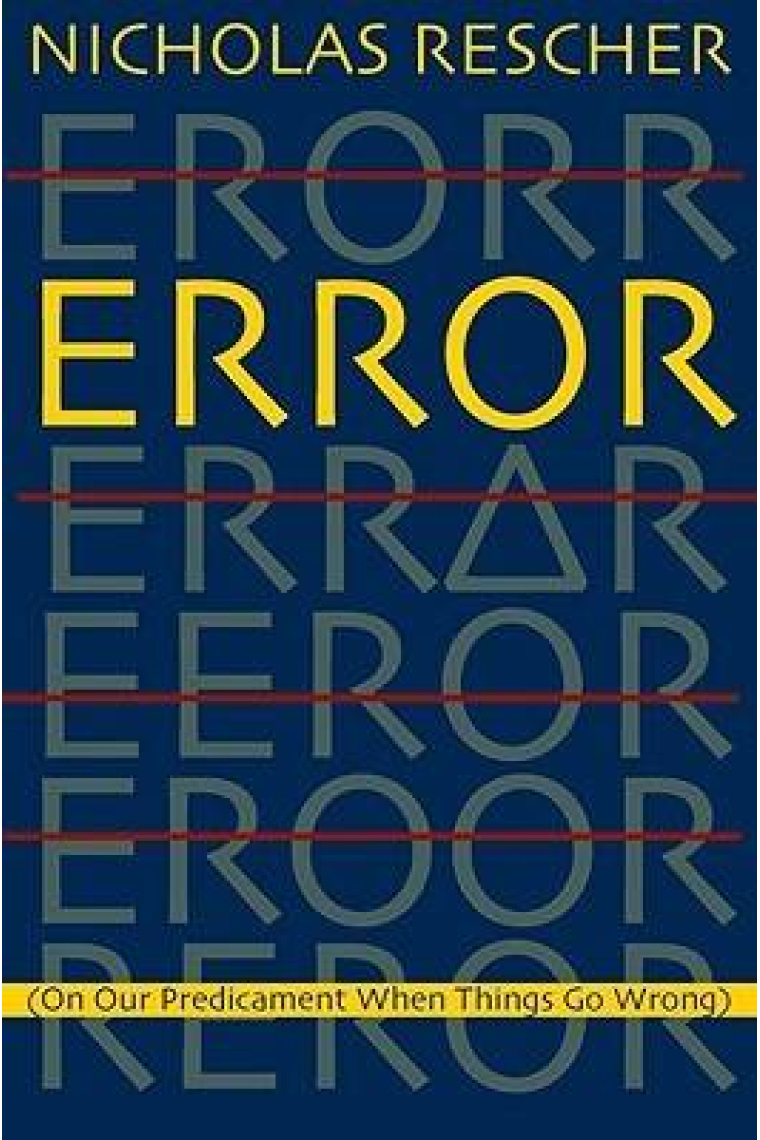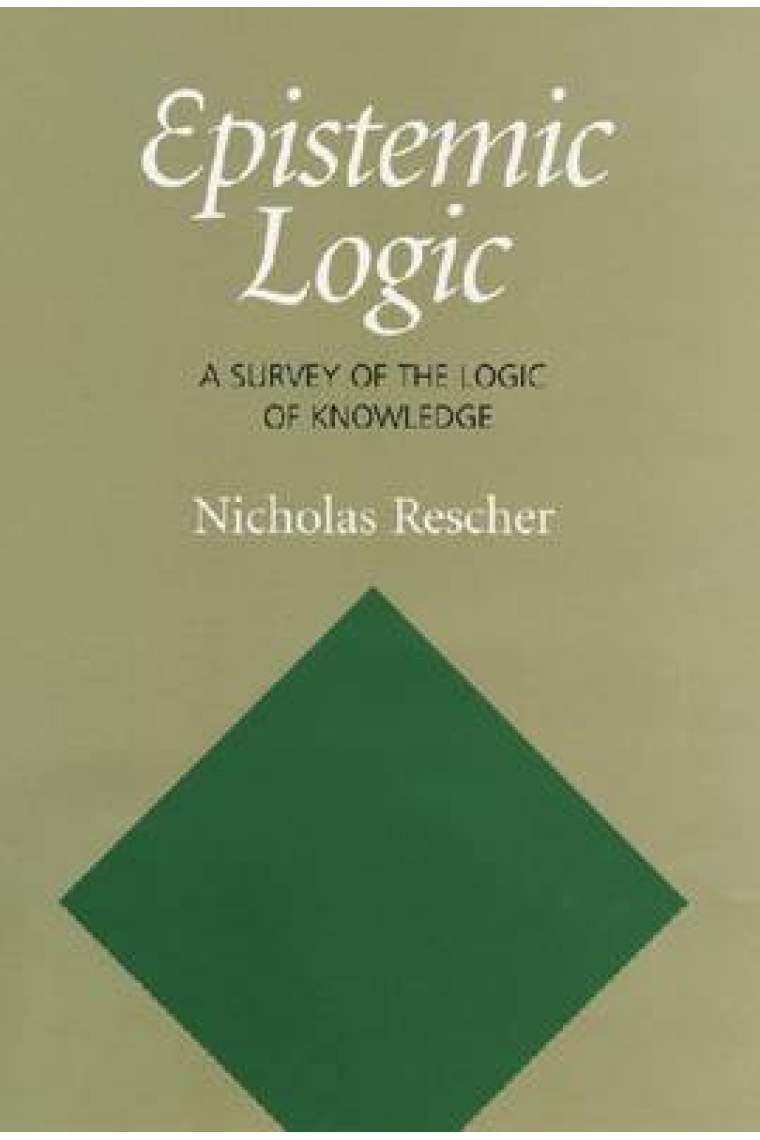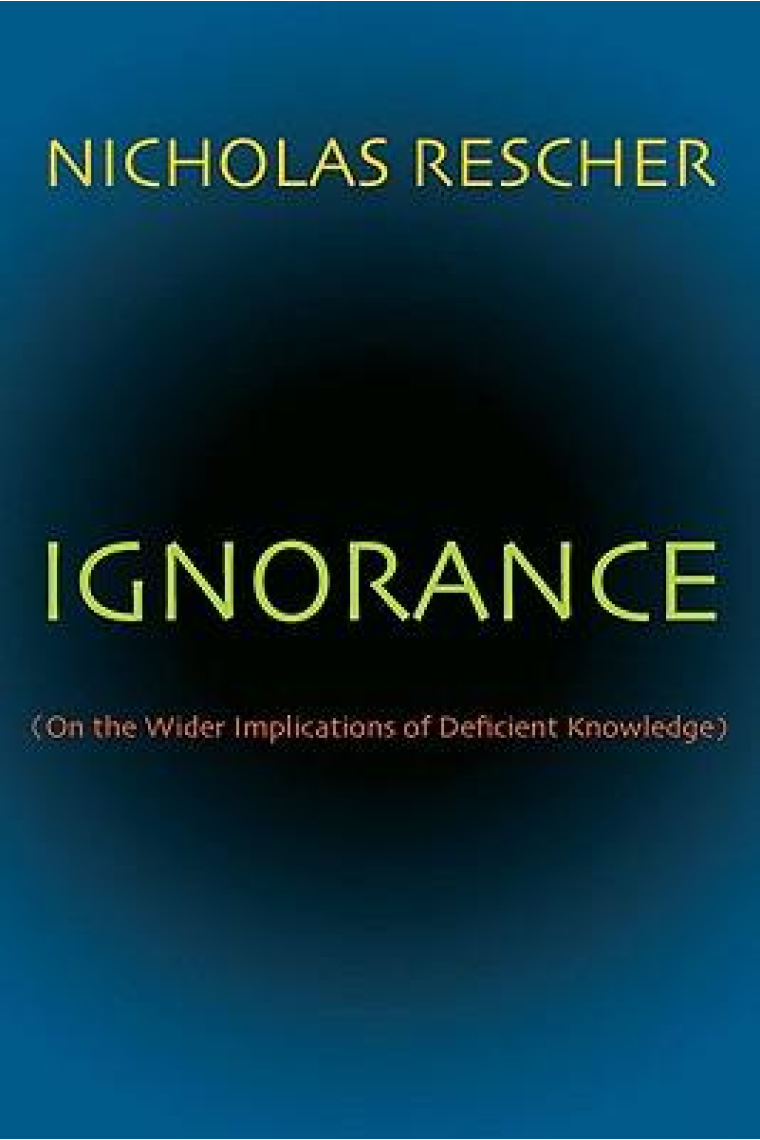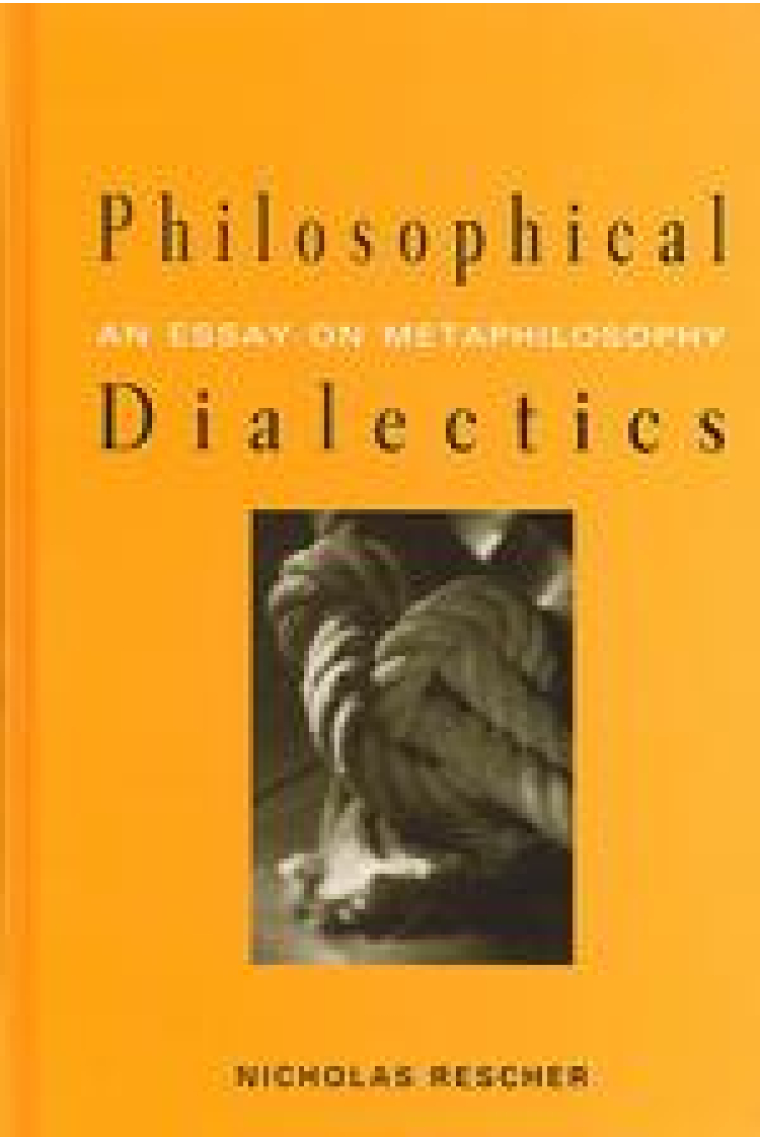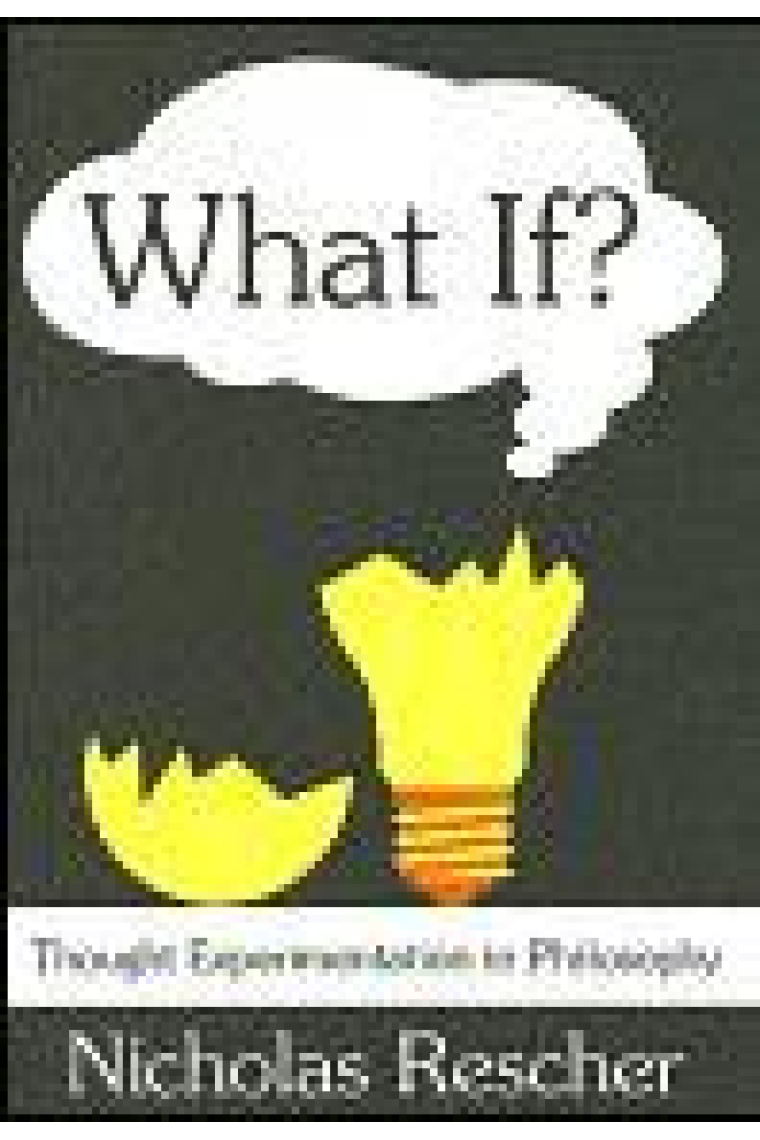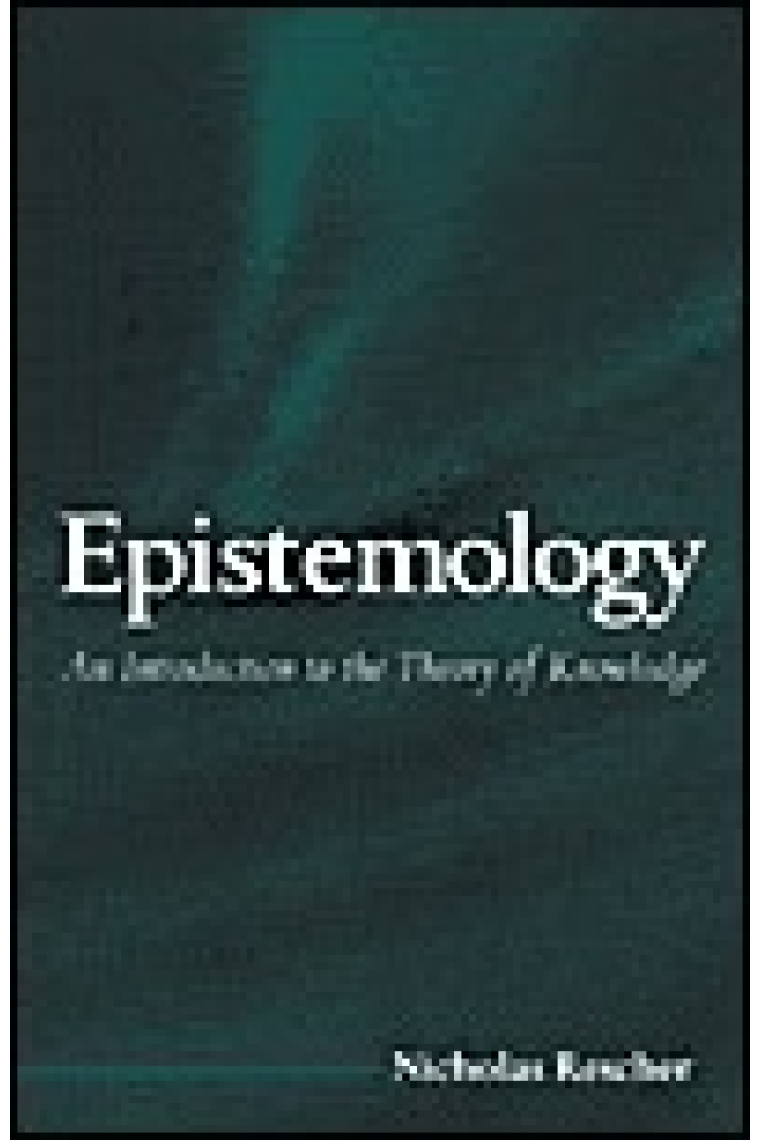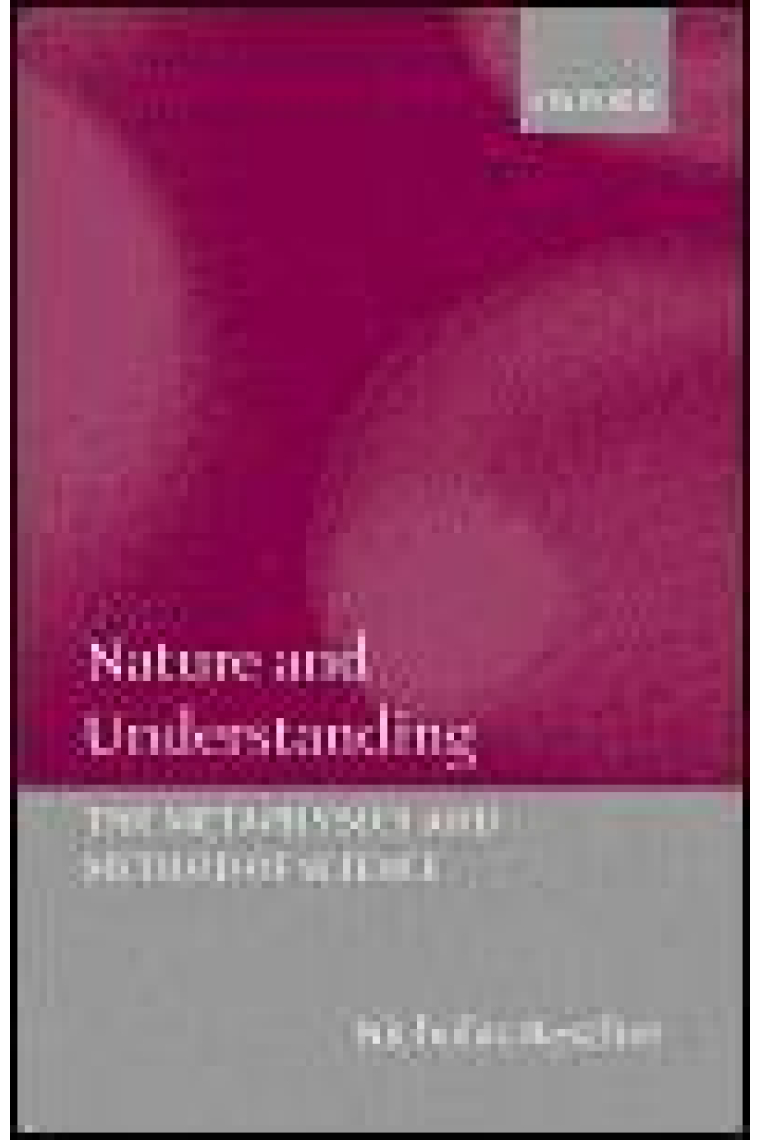Detalles del libro
In "Error", Nicholas Rescher presents a fresh analysis of the occurrence, causality, and consequences of error in human thought, action, and evaluation. Rescher maintains that error-avoidance and truth-achievement are distinct but equally important factors for rational inquiry, and that error is inherent in the human cognitive process (to err is human). He defines three main categories of error: cognitive (failure to realize truths); practical (failure related to the objective of an action); and axiological (failure in evaluation), and articulates the factors that contribute to each. His discussion also provides a historical perspective on the treatment of error by Greek philosophers and later thinkers such as Aquinas, Descartes, Spinoza, Leibniz, James, Royce, Moore, and Russell. ""Error"" is an important reexamination of the significance of error to the fields of philosophical anthropology, epistemology, ontology, and theology. As Rescher's study argues, truth and error are inexorably intertwined - one cannot exist without the other. Error is an unavoidable occurrence in the cognitive process - without missteps on the path to truth, truth itself cannot be attained.
- Encuadernación Tapa blanda
- Autor/es Rescher, Nicholas
- ISBN13 9780822960119
- ISBN10 0822960117
- Año de Edición 2009
- Idioma Inglés
Error (On our predicament when things go wrong)
- Nicholas Rescher
- Editorial PITTSBURGH
- ISBN 9780822960119
 ¡Gracias por comprar en librerías reales!
¡Gracias por comprar en librerías reales!

 Lo mejor de noviembre
Lo mejor de noviembre  Alibri Llibrería, Barcelona
Alibri Llibrería, Barcelona
 Librería Lé, Madrid
Librería Lé, Madrid
 Caselles Llibrería, Lleida
Caselles Llibrería, Lleida
